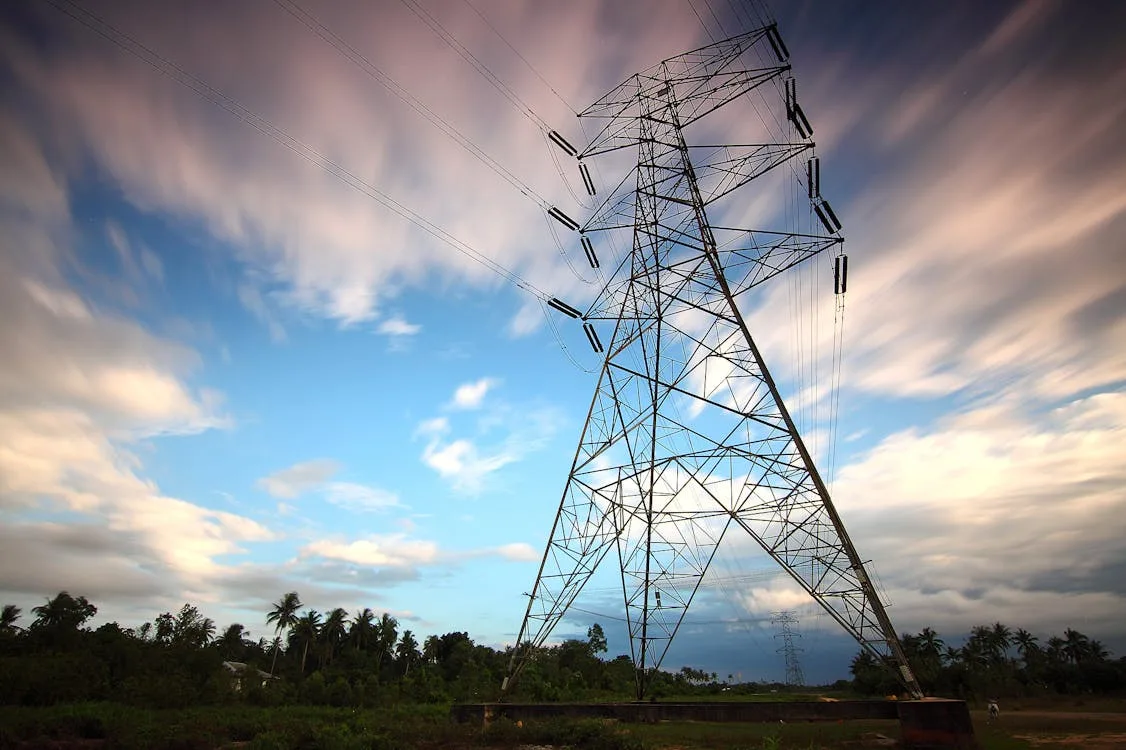4 minute read
So, you open your energy bill, take one look at the total, and your jaw hits the floor. Seriously? It’s like they’re trying to convince you that you’re secretly running a small power plant out of your living room. But before you start panic-Googling “how to live without electricity” or even the best way to lower energy in your home, it’s going to be a good idea to go ahead and first break down some of the reasons your energy bill might be sky-high. In all honesty, it’s not just because you left the bathroom light on again.
Your Appliances
Alright, so let’s start with the obvious suspects—your appliances. Sure, they seem innocent enough, quietly humming away in the background, but those bad boys can be energy hogs. That fridge that’s older than your teenage kids? It’s practically guzzling electricity. Older appliances weren’t designed with energy efficiency in mind, so they end up using way more power than their modern, sleek counterparts.
But it’s not just the dinosaurs in your kitchen. Even the everyday stuff can add up. The air conditioner that’s running non-stop in summer or the space heater you swear by in winter—they’re doing more than just keeping you comfy. They’re also making your energy meter spin like a top. And let’s not forget about that dryer you use for just a couple of socks. Yes, it’s convenient, but it’s also a major energy drain.
So what’s the fix? Well, upgrading to energy-efficient appliances can make a world of difference. Yes, the upfront cost can be a bit of a sting, but those ENERGY STAR stickers are on there for a reason—they mean long-term savings for you.
The Energy Vampires You Didn’t Know You Had
Ever heard of energy vampires? No, not the kind that sparkles in the sunlight—these are even sneakier (did you get the reference?). Energy vampires are the devices that suck power even when they’re turned off. That’s right, your phone charger, your TV, your gaming console—all those gadgets are quietly draining power just by being plugged in. These are also called “phantom energy” or maybe even some other ghoulish names too.
It might not seem like much, but all those little trickles of electricity add up. Over time, they can contribute significantly to your overall energy usage. But what exactly can you do? Well, you’ll have to unplug things when you’re not using them or invest in power strips that can easily be switched off. It’s a small habit that can make a big difference in your energy bill.
Your Home’s Insulation (or Lack Thereof)
While yes, It’s easy to overlook, the way your house is built can play a huge role in how much energy you’re using. If your insulation is outdated—or worse, practically non-existent—then your home isn’t doing a great job of keeping the outside temperatures where they belong: outside. What does this mean for you?
Well, your heating and cooling systems have to work overtime just to keep your home at a comfortable temperature. And that means more energy is being used, which in turn means a higher bill.
Some Energy Companies Just Charge More
Sometimes, your energy bill is high because your energy provider just charges more. Yes, you 100% just read that right! Now, not all energy companies are created equal. Depending on where you live, you might be stuck with a provider that charges higher rates than others. Maybe it’s the only option in your area, or perhaps you’ve been with them for so long that you haven’t really thought about switching.
Regardless, it really is a shame, but you could look into other options out there. For example, you might be able to look into GridHacker or even see if there are green energy companies out there that charge less (such as ones that focus on solar energy). But basically, energy prices vary entirely on your vacation and even just the laws in your area.
Seasonal Surprises
So, there’s been a few things on here that could be deemed sneaky, and this could be one of them. Have you noticed how your energy bill seems to creep up during certain times of the year? It’s not your imagination. Winter and summer are the usual suspects, thanks to the extra energy needed to heat or cool your home.
During winter, shorter days mean lights are on longer, and you might be using electric blankets, space heaters, and other gadgets to keep warm. In summer, fans, air conditioners, and even extra loads of laundry (like sweaty clothes!) can drive up energy use.





